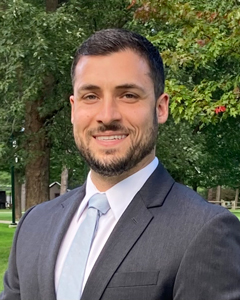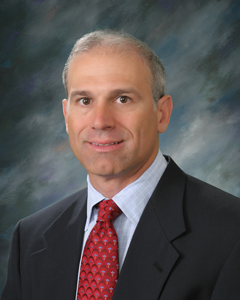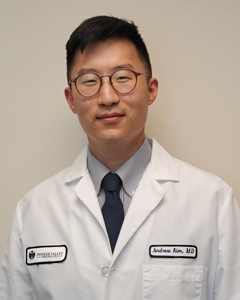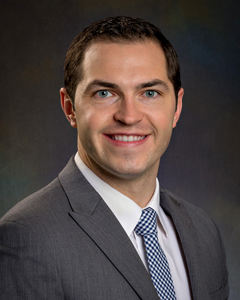Male Infertility
 Approximately 15 percent of couples trying to conceive a child have infertility issues. In about one-third of these cases, male infertility, which may be due to a number of factors, is the sole cause of the problem. When a couple has trouble becoming pregnant, both partners have to be evaluated to determine where the problem is. In many situations, a combination of factors may be responsible for the difficulty.
Approximately 15 percent of couples trying to conceive a child have infertility issues. In about one-third of these cases, male infertility, which may be due to a number of factors, is the sole cause of the problem. When a couple has trouble becoming pregnant, both partners have to be evaluated to determine where the problem is. In many situations, a combination of factors may be responsible for the difficulty.
Causes of Male Infertility
There are many reasons a male may be infertile. Sexual dysfunctions, such as premature or retrograde ejaculation, may be the problem, since both conditions interfere with the normal delivery of sperm. Other causes of male infertility include:
- Low sperm count or no sperm present in semen (azoospermia)
- Problems with sperm motility, volume or viscosity
- Blocked sperm ducts, variocele, or undescended testicles
- Certain chronic illnesses or infections
- Genetic defects
- Prior surgery or injury to the groin area
- Exposure to toxins, radiation, or chemotherapy
Lifestyle choices may also result in male infertility. The problem may be caused by excessive use of alcohol, smoking, use of steroids, marijuana or other recreational drugs, or by excessive exposure to heat, such as in saunas or hot tubs.
Diagnosis of Male Infertility
In order for the cause of male infertility to be determined, the patient has to undergo a complete medical examination, including blood tests and urinalysis. In addition, it is necessary for the doctor to take a complete medical history.
In most cases, in order for the doctor to make a definitive diagnosis, one or more of the following tests is also necessary:
- Scrotal or transrectal ultrasound
- Post-ejaculation urinalysis
- Testicular biopsy
- Specialized sperm function tests
Testing of hormone levels and genetic testing may also be needed.
Treatment of Infertility
Depending on the cause of male infertility, there are several treatments available. When the problem is a sexual dysfunction, like erectile dysfunction or premature ejaculation, psychotherapy, behavioral therapy, or medication may be helpful.
At other times, artificial insemination is all that is required to solve the problem. There are, however, situations that are more complex and require one of the following approaches:
- Surgery to correct a varicocle or obstructed vas deferens
- Hormone treatments
- Antibiotic administration to treat an infection
- Assisted reproductive technology (ART)
ART treatments involve obtaining sperm for fertilization from either normal ejaculation, surgical extraction or a sperm donor.










